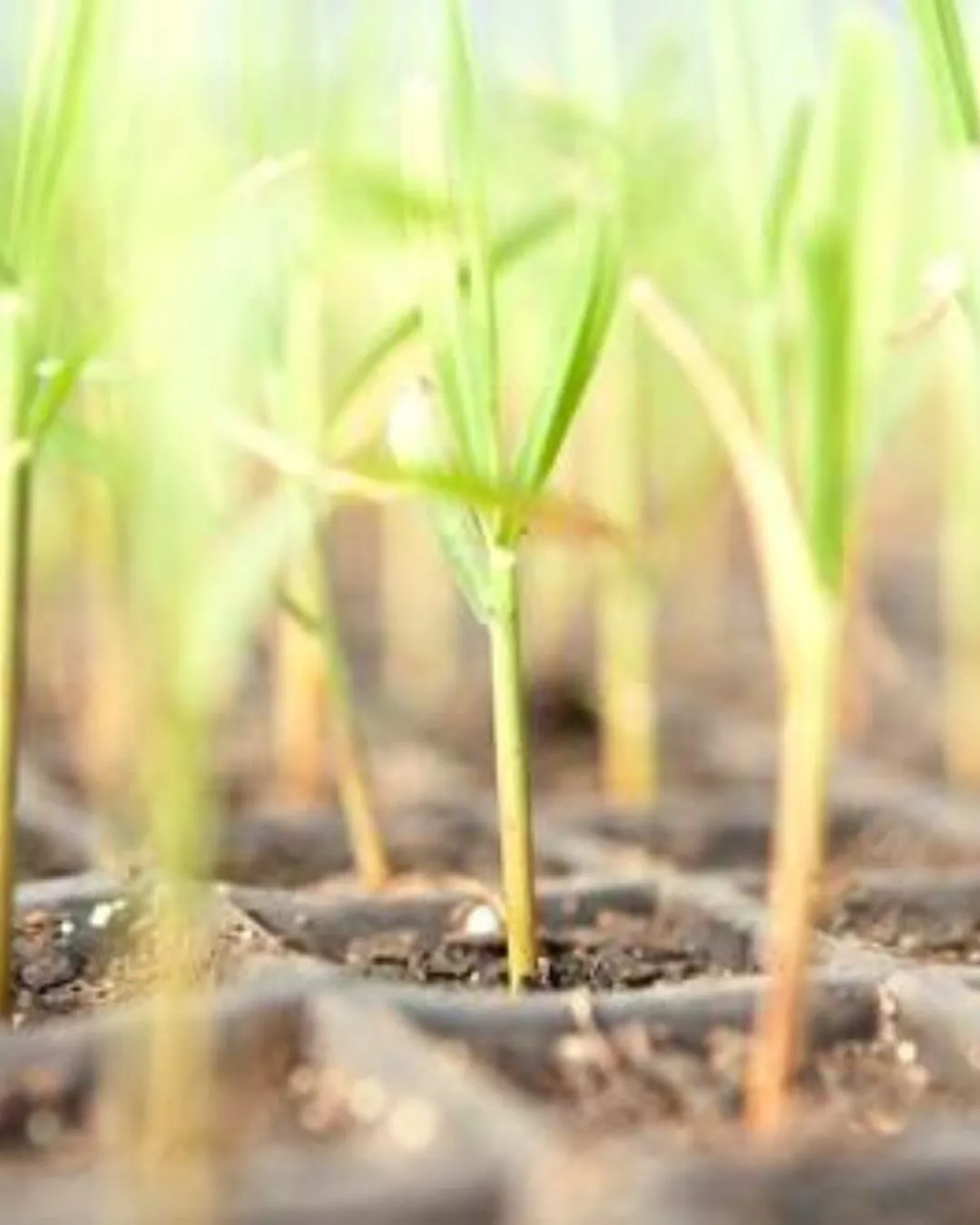This site uses cookies for analytics and to improve your experience. By clicking Accept, you consent to our use of cookies. Learn more in our privacy policy.
As well as boosting the economy, the intelligent use of sugarcane by-products, such as bagasse and straw, guarantees the generation of clean, renewable energy and helps to reduce polluting waste. The application of sustainable agricultural practices, such as the use of natural fertilizers and respect for agro-ecological zoning, strengthens the sector’s commitment to environmental preservation.


Bioelectricity, generated from sugarcane bagasse and straw, represents a revolution in the field of renewable energy. This process not only supplies the plants themselves, but also generates surpluses that are passed on to the national electricity system, benefiting millions of Brazilians. With each harvest, sugarcane is consolidating its position as a sustainable energy source, minimizing dependence on fossil fuels and reducing greenhouse gas emissions.
The expansion of sugarcane cultivation in Brazil follows strict criteria established by the Agroecological Zoning of Sugarcane (ZAE Cana).
This regulation ensures that ethanol and sugar production grows without impacting sensitive biomes such as the Amazon and the Pantanal. With the use of advanced technologies, it is possible to increase biofuel production by up to 80% per hectare, while maintaining a balance between productivity and sustainability.


You can also get involved in advancing bioelectricity and supporting eco-friendly agriculture practices.